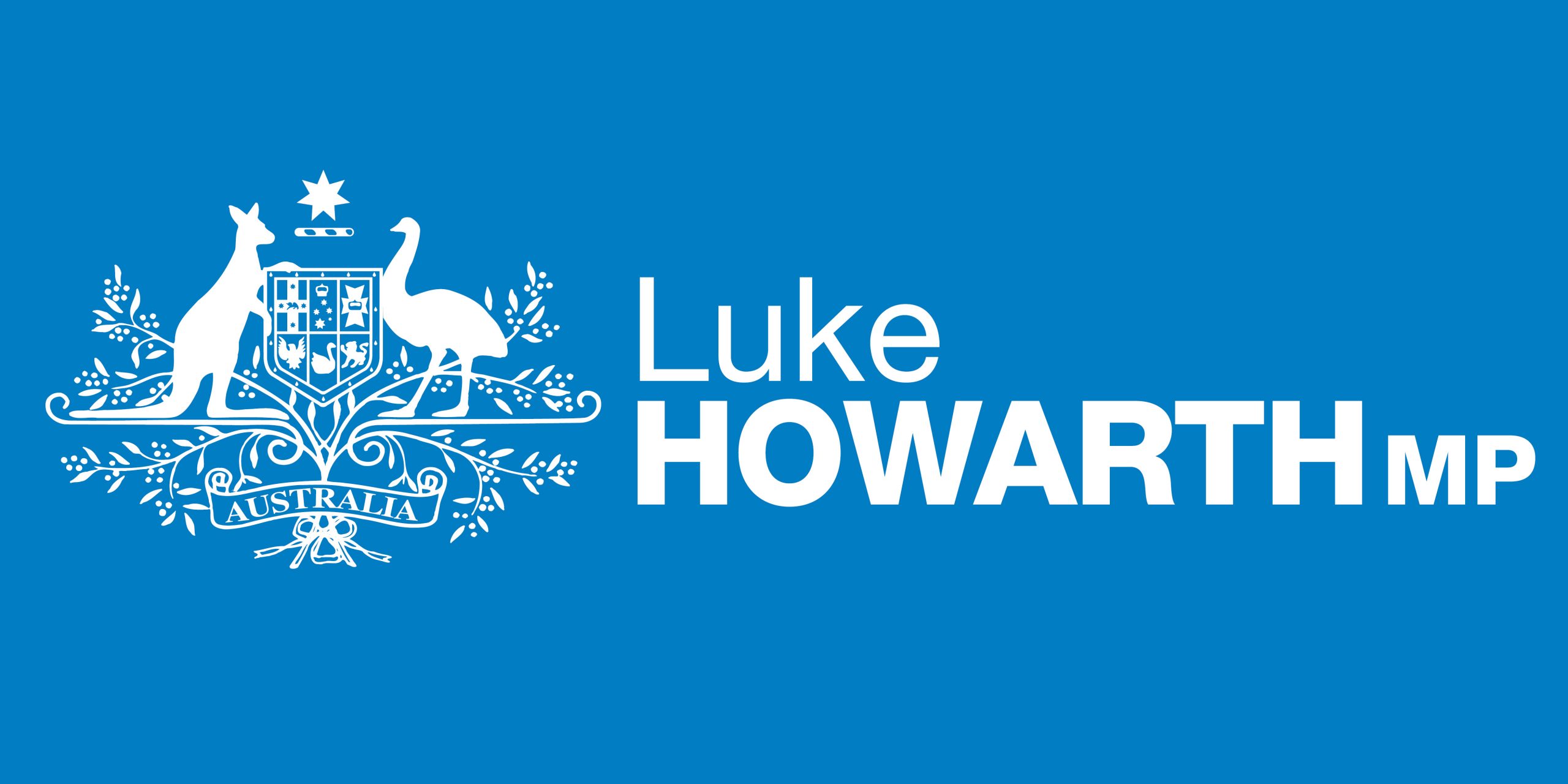Block the bills! Protect our voice
The package of espionage and foreign interference legislative reforms
On 7 December 2017, the Prime Minister introduced a comprehensive package of legislative reforms implementing the findings of the former Attorney-General’s review of Australia’s espionage and foreign interference laws. The National Security Legislation Amendment (Espionage and Foreign Interference) Bill 2017 will modernise and strengthen a number of existing criminal offences and will introduce into Australian law for the first time a range of foreign interference offences. The Foreign Influence Transparency Scheme Bill will establish a foreign influence transparency scheme to provide visibility of the nature and extent of foreign influence over Australia’s political and governmental processes.
Collectively these reforms contribute to addressing the threat posed by foreign states exerting improper influence over Australia’s government and political processes, which ASIO assesses is occurring at unprecedented levels.
In December 2017, the Turnbull Government also introduced legislation to restrict foreign political donations. This is because only Australians and Australian entities have a legitimate role in influencing Australian elections and political processes.
Safeguarding Australia’s democracy
The new and strengthened criminal offences in the National Security Legislation Amendment (Espionage and Foreign Interference) Bill 2017 seek to protect Australia’s national security and safeguard Australian democracy. Espionage and foreign interference activities directed at Australian interests are not a new phenomenon; such activity is an enduring feature of the Australian security environment and can cause grave harm to Australia’s interests. It can include physical or other harm to individuals, loss of military advantage or compromise of national defences, and economic harm to Australian businesses and national economic well-being more broadly. Interference in Australian political processes seeking to advance the national interest of a foreign nation can undermine Australia’s constitutional system of government and national sovereignty. In light of the unprecedented threat environment and the challenges faced by law enforcement and national security agencies, it is essential to expand the scope of the criminal law to cover the diverse range of espionage and foreign interference activities currently occurring in Australia.
The Foreign Influence Transparency Scheme Bill 2017 will establish a Foreign Influence Transparency Scheme (the Scheme) to provide the public and decision-makers in government visibility of the level and extent to which foreign principals may be seeking to influence Australia’s government and political process. It will operate as a transparency measure, introducing registration obligations for persons and entities who have arrangements with, or undertake certain activities on behalf of, foreign principals. There is currently no scheme of this nature addressing foreign influence in Australia. Left undisclosed, foreign influence can have serious implications for sovereignty and national policy as it may result in the prioritisation of foreign interests over domestic interests.
The objective of the Electoral Legislation Amendment (Electoral Funding and Disclosure Reform) Bill 2017 is to ensure all political campaigning that targets Australian voters is paid for by Australians – be it election advertising, campaign phone calls or how-to-vote recommendations. Foreign governments, foreign billionaires, and foreign companies have no legitimate role in funding these activities to influence Australian politics. The reality of modern political campaigning is that a range of entities – not just political parties and candidates – spend millions of dollars each year to influence voters. Banning foreign donations to some political campaign groups, but not others, would create loopholes for foreign interests to seek to influence Australian politics. This approach is consistent with foreign donations bans in other jurisdictions, including New South Wales, Canada and the United Kingdom, and enjoys broad support in the Commonwealth Parliament.
Application of reforms to the charities sector
Foreign influence transparency scheme
Charities perform a vital role in Australian society, providing invaluable services and support to the community. The establishment of a foreign influence transparency scheme will not operate to ban charities from advocating for their stated cause. The Scheme will not prohibit charities—or any body—from engaging in advocacy to influence political or governmental processes. However, where a body seeks to influence political or governmental processes on behalf of a foreign principal, the Scheme will require registration to ensure that such activities are transparent to Australian decision-makers and to the Australian public.
The Government has referred the Bill establishing the Scheme to the Parliamentary Joint Committee on Intelligence and Security to conduct a public inquiry and to report to the Parliament. The Committee has received submissions from a range of charities, and the Government looks forward to receiving the Committee’s recommendations. As the Attorney-General has made clear, the Government is open to refining the Scheme to ensure that it achieves its objective of promoting transparency about the nature and extent of foreign influence over Australia’s political and government processes.
Foreign political donations
Contrary to a campaign of misinformation, the Bill does not ban charities from advocating for their stated cause.
The Bill does not restrict charities from receiving foreign donations to fund non-political activity, such as medical research, conservation or aid projects.
A handful of charities (approximately 0.01 percent of Australian charities) are currently regulated by the Australian Electoral Commission (AEC) because they spend significant amounts of money on things like election advertising and campaigning at polling booths. Under current law, significant “political expenditure” incurred by any entity must be reported to the AEC.
This Bill will continue to apply Australia’s electoral laws to all key groups that participate in elections, including a very small number of charities. Far from targeting charities, this legislation extends Australia’s electoral laws to all entities seeking to influence Australian voters – be they an individual, a business, a union or a charity.
Under the Government’s legislation, any entity required to report their “political expenditure” to the AEC will need to ensure this money is raised from Australians. “Political expenditure” is defined in existing law, and includes expenditure on the production of material “intended or likely to affect voting in an election”.
Regarding GetUp
According to AEC data, in 2015-16 political campaign groups like GetUp spent almost $40 million influencing Australians’ votes.
GetUp alone incurred $10 million in political expenditure in the year leading up to the 2016 federal election, handing out how to vote cards and campaigning on election issues.
As a very significant political actor GetUp should clearly be subject to the same transparency and disclosure requirements as other political actors such as political parties, and GetUp should be subject to the same ban on foreign political donations.
Regarding claims about donations requiring a statutory declaration
The foreign political donations Bill provides for future regulations to determine what information a political party or political campaigner (like GetUp) can rely on to determine that a donation is permitted. That may, at an appropriate level, include a statutory declaration but is likely to include other appropriate and proportionate options.

